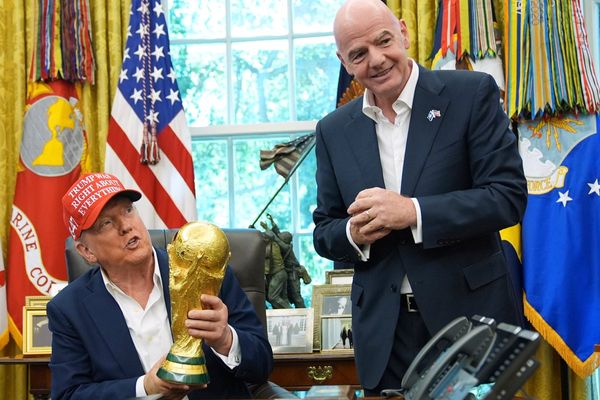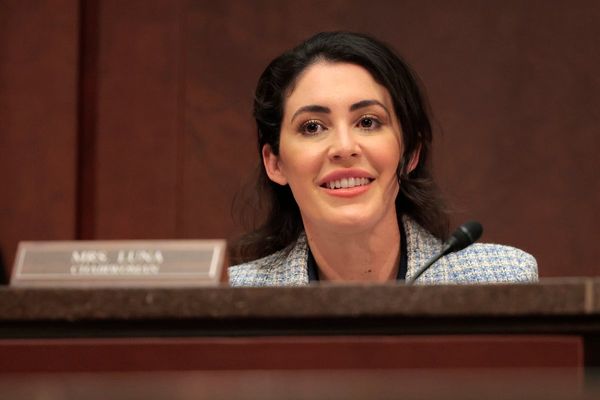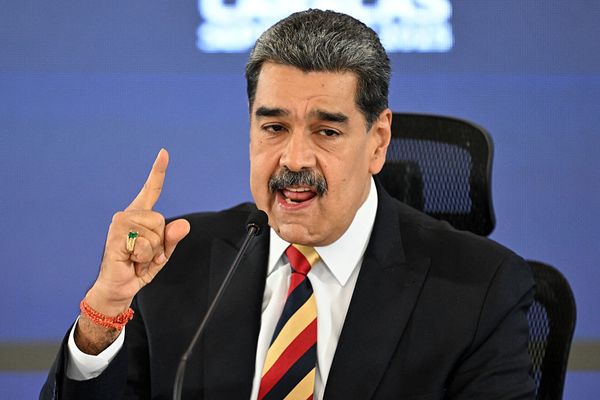
The pieces are finally beginning to emerge from a fog of speculation and counter-speculation. The main one, Eddie Jones, was fitted a while ago and now we can be fairly sure the Rugby Football Union’s next will be Steve Borthwick, as England’s forwards’ coach, and Paul Gustard, as defence – for all that their clubs are adopting different attitudes towards the departures.
Which leaves the role of skills coach. Or backs coach, attack coach – the role Mike Catt filled until recently. Some have wondered whether Jones might take on the role himself. He has turned himself into one of the world’s most adept attack coaches, notwithstanding his playing history as a Randwick hooker who ended up in Leicester.
Nevertheless, the latest whispers suggest he is about to sound out a man whose playing career, at least, qualifies him rather more handsomely for such a role.
Alex King may not be a household name but he commands the highest respect among those who know their rugby. Like Charlie Hodgson, with whom he might vie for the title of the finest fly-half of English club rugby, his international career never quite took off, coinciding as it did with that of one Jonny Wilkinson. But the roll call of honours he won at club level exceeds that of Wilkinson and Hodgson.
King was the fly-half and mastermind of a Wasps dynasty in the noughties that won as much as any other in English club rugby. Two European titles, four English, three domestic cups and a European Challenge Cup was the yield from his 11 years at Wasps. “Kingy was the driver,” says Kenny Logan, his former Wasps team-mate. “We all talk about Lawrence Dallaglio, but Kingy drove the team. He would be saying: ‘This is where we should be targeting them, this is where we should take them on.’ And he wasn’t a selfish player. It was all about the team. He would be a great call for England.”
It is worth remembering that in the autumn of 1997 he was Sir Clive Woodward’s first pick at fly-half as England coach, in a ball-playing midfield alongside Catt and Will Greenwood. Alas, in a cruel twist of luck that might sum up his international career, injury did for him the weekend before, when playing for Wasps at Loftus Road. His next opportunity came on the Tour of Hell in 1998, which was a mixed blessing, and an injury in a World Cup warm-up game put him out of contention for a place in England’s squad of 2003 – and with it a shot at that household fame.
His playing days ended in 2009 after two years at Clermont Auvergne, who were so impressed with the man that they offered him four more as a coach. “I respect the fact that he spent his first four years as a coach in France,” says Logan. “Every year people tried to get him away from there but he wanted to learn his trade in a different country with different players, players he didn’t know.”
One of the first assignments Vern Cotter, Clermont’s head coach at the time, set him was to stand up in front of the star-studded squad before a game against Toulouse and pretend to be the opposing coach briefing his squad on how to beat Clermont. In other words, to lecture the Clermont players on their own weaknesses – in French. It was the kind of exercise in the eschewing of a comfort zone that a job in England could never have provided.
Cotter and Joe Schmidt, another fellow coach at Clermont, have moved on from that environment to the international game, while King headed for Northampton in 2013, having helped guide Clermont to a long-awaited domestic championship in his first year as coach. Within a season, he had done the same for Saints.
“He understands how he wants the attacking game played,” says Jim Mallinder, who was the one who finally prised him away from France. “He gets on very well with the players. He doesn’t stand at the front and shout. He works with them, bringing out the best of them in a quiet way.”
It’s difficult to imagine him in any training ground bust-up. As the player – subtle but empowering – so the man. “He’ll want the basics done really well,” says Logan. “He got really pissed off with you if you dropped the ball or made a basic error. So he has an edge to him on that front but there’s a niceness about him too.
“He’s not arrogant. You can really talk to him if you’ve got an issue. He’ll be different to other coaches England have had, with the really aggressive approach. He won’t have that. He was a thinker for Wasps.”
As such, he fits the cerebral profile Jones has always favoured. The two may not have actually spoken to each other before their mooted meeting this week, but it is easy to see why the Australian has made a point of setting that meeting up. At the very least they are likely to get along well. From such beginnings many a fruitful relationship has blossomed.







